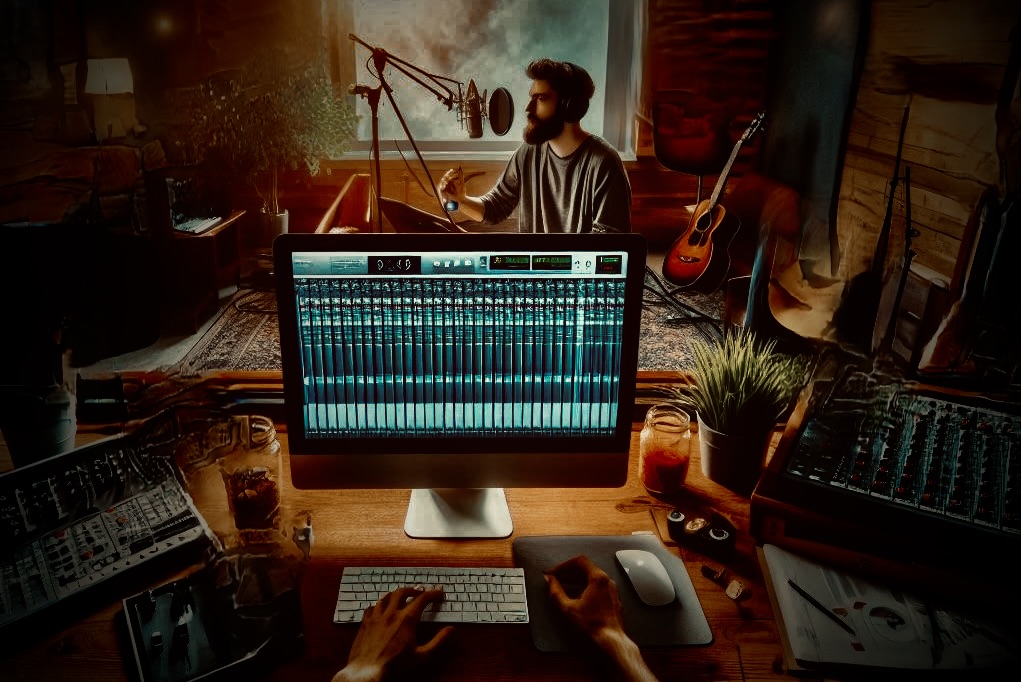What does it mean to teach – and learn – music? How can musical education and creative forms of musical expression be promoted in a diverse, digital society? And what role do new technologies such as artificial intelligence play in this? The seminar ‘Introduction to Music Education’ offers a well-founded overview of central theories, concepts and practical fields of musical learning – from early childhood development to adult education in postdigital contexts.
At the centre is the examination of fundamental questions: How do people learn music – individually, socially, culturally? How can musical creativity be encouraged – both analogue and digital? What significance does music have for identity, community, expression and participation? And to what extent is the use of artificial intelligence changing the practice of music-making, composing and teaching?
The seminar combines classical music education approaches with current developments in learning research, creativity psychology and digital education. It addresses anthropological perspectives such as music and the body, music and technology, music and ritual and music and identity, focussing on both historical and contemporary approaches. In addition, contemporary technologies – in particular AI-supported tools for music production, creative work and learning support – are critically reflected upon and tested in practice.
The seminar is part of the Music in Social Work and Childhood Education Programms offered by Clara Hoffbauer University of Applied Sciences Potsdam. It is aimed in particular at students of social work and childhood education who wish to explore music as a means of intervention, education, expression and relationship. It opens up music education perspectives for working with children, young people and adults in different social and cultural contexts. It is not about understanding music as a tool for participation, support, empowerment and creative development. The course combines technical basics with interactive formats, practical exercises and joint reflection – with the aim of making music a tangible resource for socio-educational and early educational practice.
